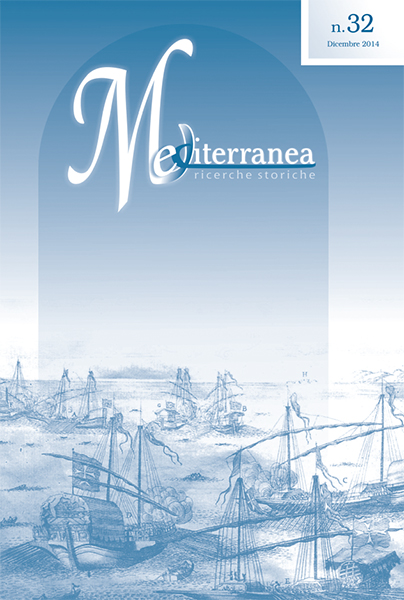Sommario
L’occupazione di Tangeri, tra il 1662 e il 1684, ha rappresentato per molti versi una svolta nella politica estera britannica, avviando una stagione di operazioni navali nel Mediterraneo destinata a rivelarsi cruciale nella costruzione dell’impero oltremarino inglese. Al di là dell’impegno militare della Royal Navy, però, anche altri fattori giocarono un ruolo altrettanto rilevante nella penetrazione entro gli Stretti. Grazie allo studio di un caso specifico – il tentato attacco ispanomoresco a Tangeri del 1663, ricostruito grazie alla documentazione del Board of Trade raccolta ai National Archives di Londra – questo breve saggio tenta di sottolineare l’importanza delle reti d’intelligence locali che gli inglesi seppero costruirsi fin dai primi passi dell’esperienza coloniale nordafricana, la cui efficacia fu sovente pari – o superiore – a quella del cannone.
Abstract
The occupation of Tangier, between 1662 and 1684, marked in many ways a turning point in the British foreign policy, starting a season of naval operations which would have been crucial for the rise of the overseas English empire. But, beyond the military commitment of the Royal Navy, other factors played an important role as well in the penetration into the Straits. Analysing a specific case of study – the failed Spanish-Moorish attack against Tangier of 1663, reconstructed thanks to the documents of the Board of Trade at the London National Archives – this short essay tries to underline the importance of the local intelligence networks which the English were able to raise from the beginning of the colonial North African experience, whose utility was often equal to – or greater – than the efficacy of the cannon.

